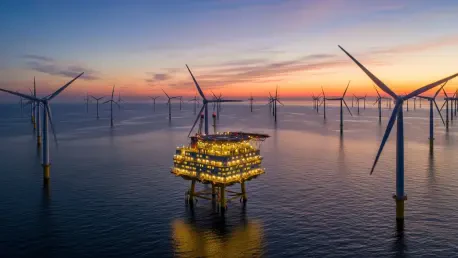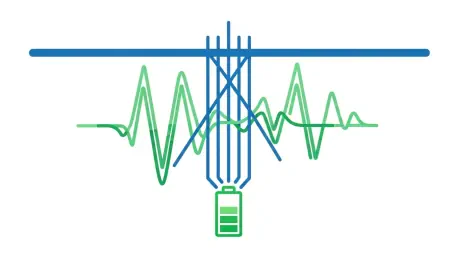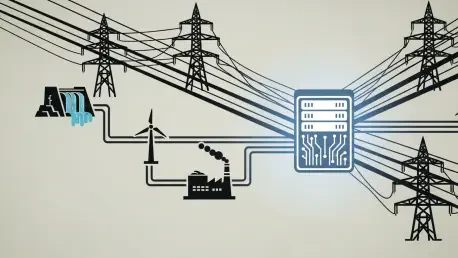
A single day’s trading session on December 18, 2025, encapsulated the turbulent reality for investors in GE Vernova, as the company's stock plunged a startling 10.5% despite a backdrop of overwhelmingly positive news and a strategic position at the heart of the global energy transition. This sharp

As nations race to integrate renewable energy sources, the very stability of their power grids faces an unprecedented challenge, and Finland is addressing this head-on with a groundbreaking project set to become the nation's largest battery energy storage system (BESS). Located in Haapajärvi, this

The bustling ports of the Salish Sea, vital arteries for global trade, have become the epicenter of a fierce environmental debate that could define the future of the international shipping industry. As officials in Seattle, Tacoma, and Vancouver strive to clean the air for their communities and

A significant and widening chasm has emerged within the UK property market, where the enthusiastic marketing of eco-friendly features is starkly at odds with the stalled progress of actual energy efficiency upgrades in the nation's homes. While property listings increasingly tout green credentials

A contentious legislative proposal moving through the House of Representatives is sparking a fierce debate over the balance of power among federal agencies, with critics warning it could create an unaccountable "super-authority" capable of derailing regulations across the government. The bill, H.R.

The rapid proliferation of generative artificial intelligence is transforming a technology once perceived as ethereal into one of the world's most tangible and voracious consumers of physical resources. Unlike previous digital advancements that often prioritized greater efficiency, the current wave